
Fund-supported programmes by the International Monetary Fund (IMF), particularly in Ghana and other African countries, should maintain fiscal discipline even after exiting their current arrangements, Director of the IMF’s African Department Abebe Aemro Selassie has indicated.
This is to ensure that a relapse doesn’t occur to undermine recent gains in economic stability.
Mr. Selassie noted that while Ghana has demonstrated spending restraint so far in 2025, sustained discipline will determine whether the current macroeconomic stability endures.
Government reported that total spending for the first nine months of 2025 reached about GH¢131billion, representing about 14 percent below target with significant cuts in capital expenditure.
While some view this as a sign of prudent fiscal management, Selassie cautioned that one-off underspending is not enough without a credible medium-term consolidation framework.
IMF’s African Department Director said “rising debt service costs are crowding out development spending” and called for improved domestic revenue mobilisation and debt transparency to reduce borrowing costs.
He stressed that fiscal reforms must focus on modernising tax systems through digitalisation, cutting wasteful tax exemptions and strengthening enforcement.
“It’s been generally good to see stabilisation returning to the economy. “The economy is beginning to recover, inflation is beginning to decelerate and signs of confidence are allowing the cedi to stabilise and maybe even begin to appreciate.”
However, he cautioned against complacency – noting that an “excessively appreciated exchange rate” could hurt competitiveness if not managed carefully.
Abebe Aemro Selassie made these observations during the October 2025 Regional Economic Outlook for sub-Saharan Africa launch in Washington, D. C.
The post Editorial: Maintain fiscal discipline even after IMF exit appeared first on The Business & Financial Times.
Read Full Story


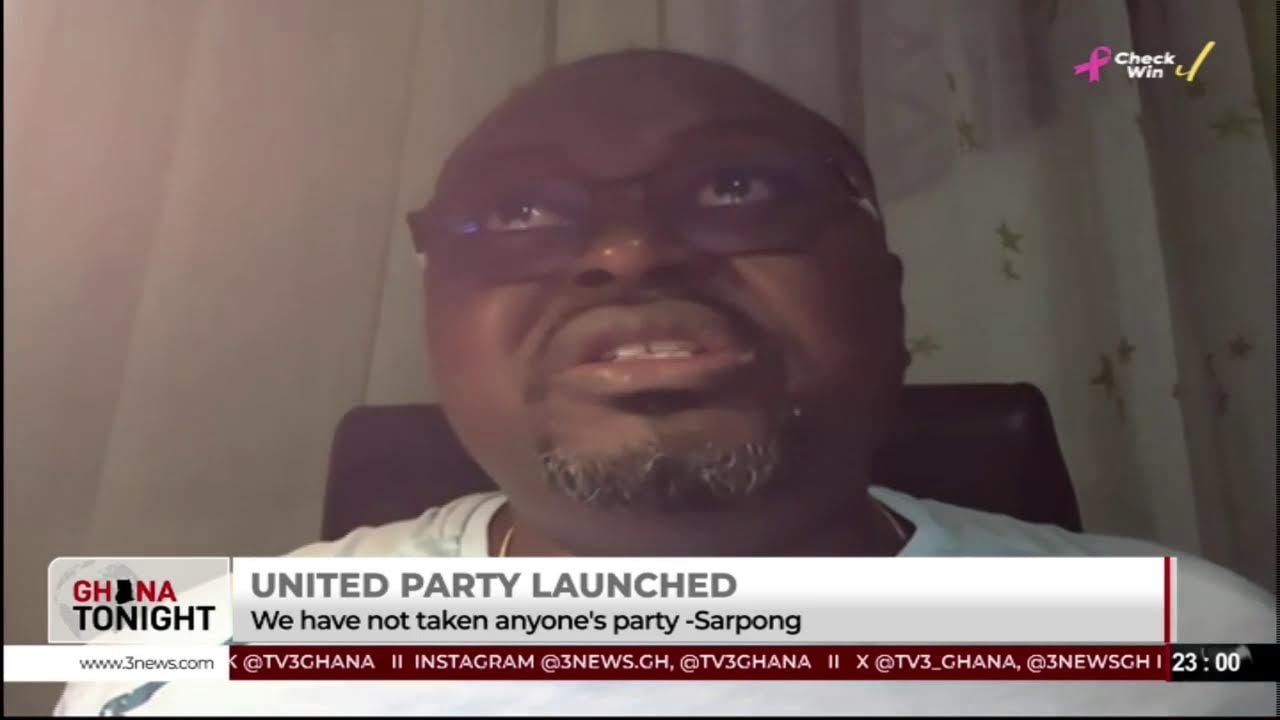
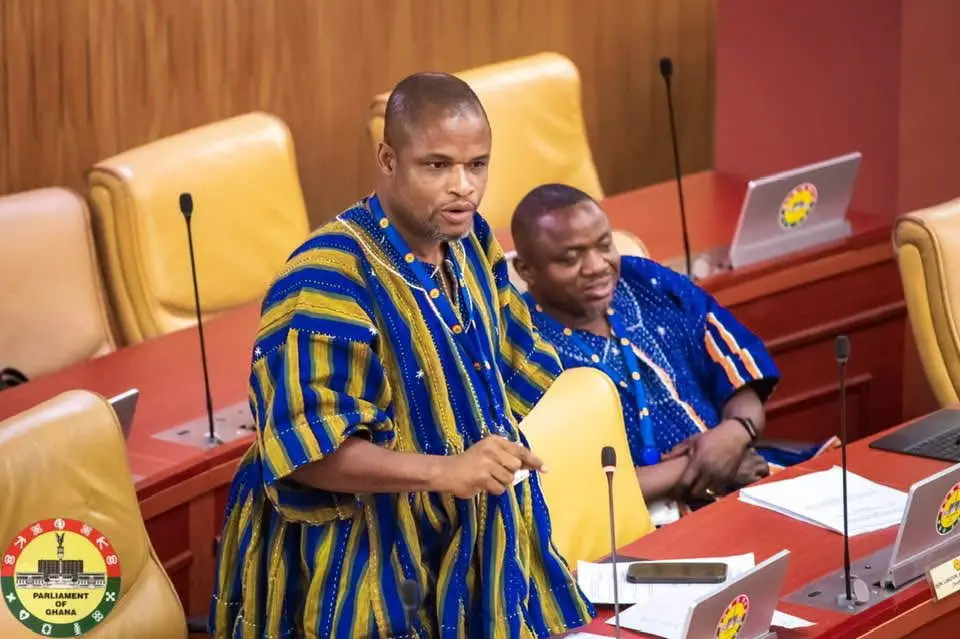




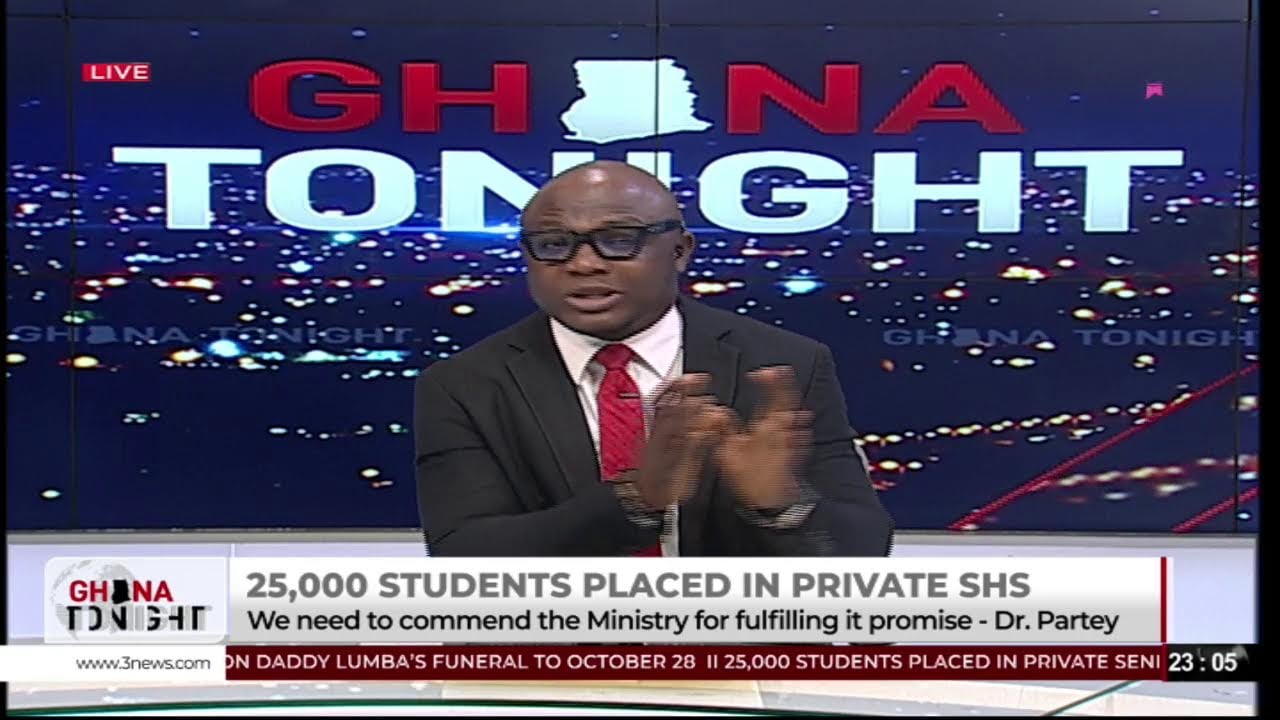
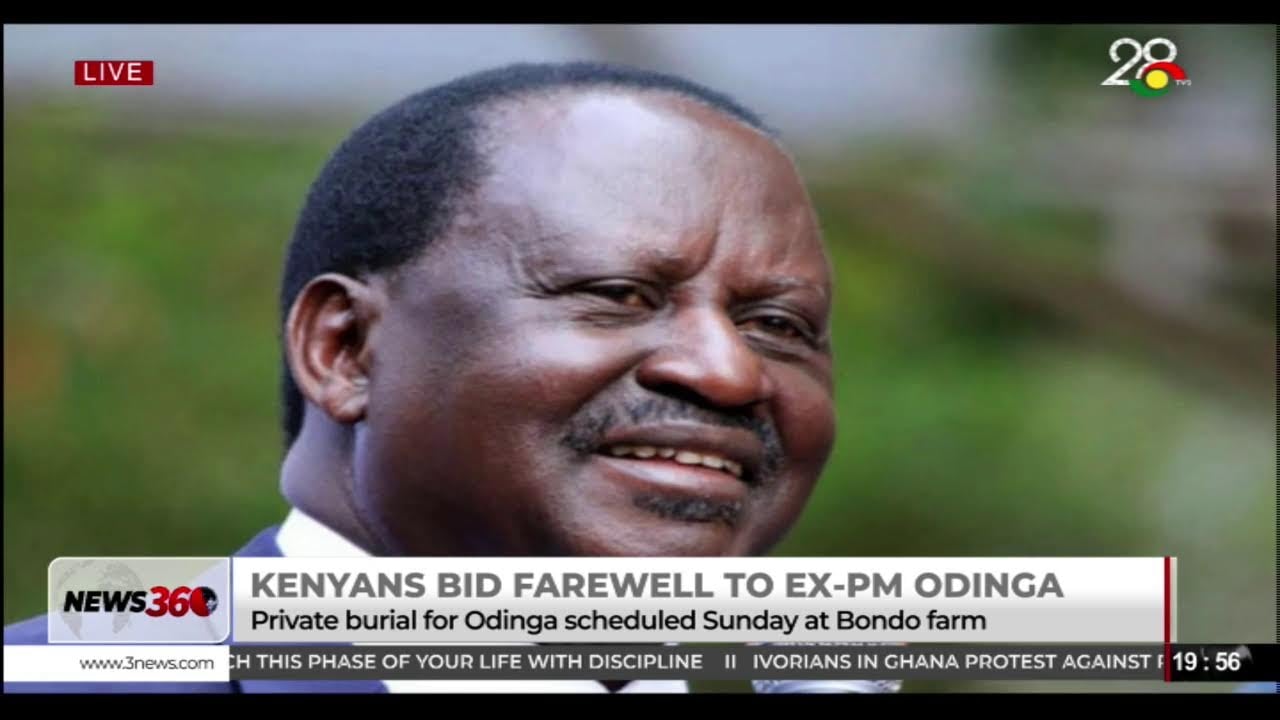

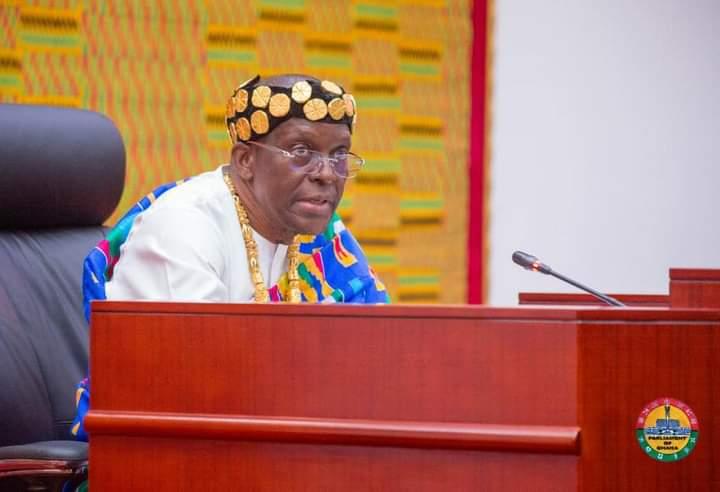




Facebook
Twitter
Pinterest
Instagram
Google+
YouTube
LinkedIn
RSS